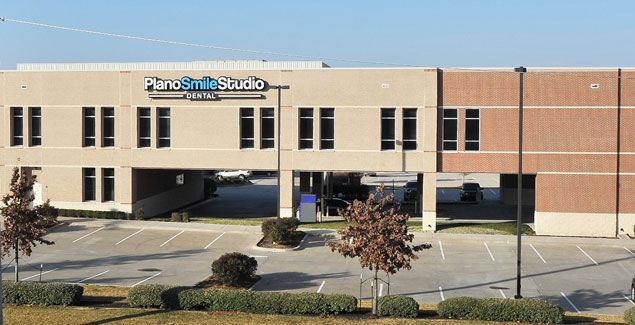Receding gums are a very common and often overlooked occurrence for many adults. As an important part of your periodic exam with your Plano dentist, your gums will be evaluated for signs of disease, including recession.
When the gums pull away from the teeth and the roots of the teeth are exposed, the condition is termed recession. In a healthy mouth, the gums are firmly situated at the necks of the teeth where the enamel ends. The porous and delicate root surface begins at this junction, typically protected by the gum tissue. Where recession has been identified, the roots of the teeth are not covered and protected. The results are increased tooth sensitivity, discoloration, increased risk for cavities, and loss of support for the teeth.
Recession can be caused by any number and combination of factors. Gum disease or periodontal disease, abrasive or aggressive brushing, clenching, grinding, and orthodontic treatment can certainly contribute to recession. Your dentist and staff are trained to identify signs of recession as well as determine the appropriate treatment options.
· Lifestyle and mechanical modifications: Toothbrush abrasion can lead to recession and can be curbed by using a soft toothbrush and gentle pressure. It is important to avoiding aggressive back-and-forth “sawing” motions which can permanently damage the gums. Chronic clenching and grinding can cause the gums to pull away from the teeth. If this habit is involuntary, your dentist may prescribe a protective mouth guard for daily use.
· Periodontal therapy: Addressing periodontal disease with professional treatment can eliminate the toxins that contribute to recession. Where recession has advanced, your dentist may recommend a surgical procedure designed to graft or reattach the gum tissue.
The causes of gingival recession can be numerous and sometimes unclear. If recession is a concern for you, call Plano Smile Studio to reserve your appointment today.


